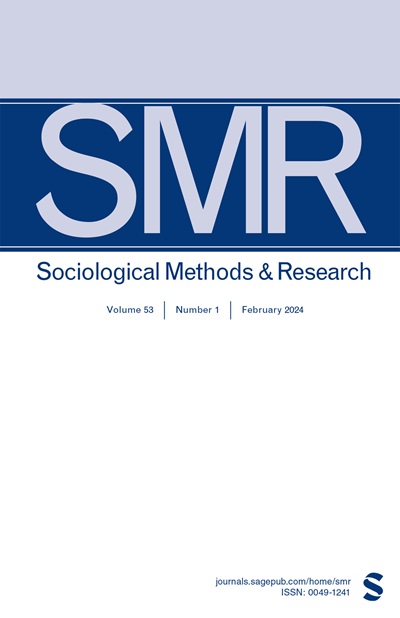Balancing Large Language Model Alignment and Algorithmic Fidelity in Social Science Research
IF 6.5
2区 社会学
Q1 SOCIAL SCIENCES, MATHEMATICAL METHODS
引用次数: 0
Abstract
Generative artificial intelligence (AI) has the potential to revolutionize social science research. However, researchers face the difficult challenge of choosing a specific AI model, often without social science-specific guidance. To demonstrate the importance of this choice, we present an evaluation of the effect of alignment, or human-driven modification, on the ability of large language models (LLMs) to simulate the attitudes of human populations (sometimes called社会科学研究中大语言模型一致性与算法保真度的平衡
生成式人工智能(AI)有可能彻底改变社会科学研究。然而,研究人员面临着选择特定人工智能模型的艰巨挑战,通常没有社会科学的具体指导。为了证明这种选择的重要性,我们评估了对齐或人类驱动的修改对大型语言模型(llm)模拟人类群体态度的能力的影响(有时称为硅采样)。我们对六个开源llm的对齐和未对齐版本进行基准测试,并将它们与人类的类似响应进行比较。我们的结果表明,模型对齐以可预测的方式影响输出,对提示、任务完成和基于llm的结果的实质性内容都有影响。我们的结论是,研究人员必须意识到模型训练影响他们研究的复杂方式,并仔细考虑每个项目的模型选择。我们讨论了改善社会科学家如何使用生成式人工智能工具的未来步骤。
本文章由计算机程序翻译,如有差异,请以英文原文为准。
求助全文
约1分钟内获得全文
求助全文
来源期刊

Sociological Methods & Research
Multiple-
CiteScore
16.30
自引率
3.20%
发文量
40
期刊介绍:
Sociological Methods & Research is a quarterly journal devoted to sociology as a cumulative empirical science. The objectives of SMR are multiple, but emphasis is placed on articles that advance the understanding of the field through systematic presentations that clarify methodological problems and assist in ordering the known facts in an area. Review articles will be published, particularly those that emphasize a critical analysis of the status of the arts, but original presentations that are broadly based and provide new research will also be published. Intrinsically, SMR is viewed as substantive journal but one that is highly focused on the assessment of the scientific status of sociology. The scope is broad and flexible, and authors are invited to correspond with the editors about the appropriateness of their articles.
 求助内容:
求助内容: 应助结果提醒方式:
应助结果提醒方式:


